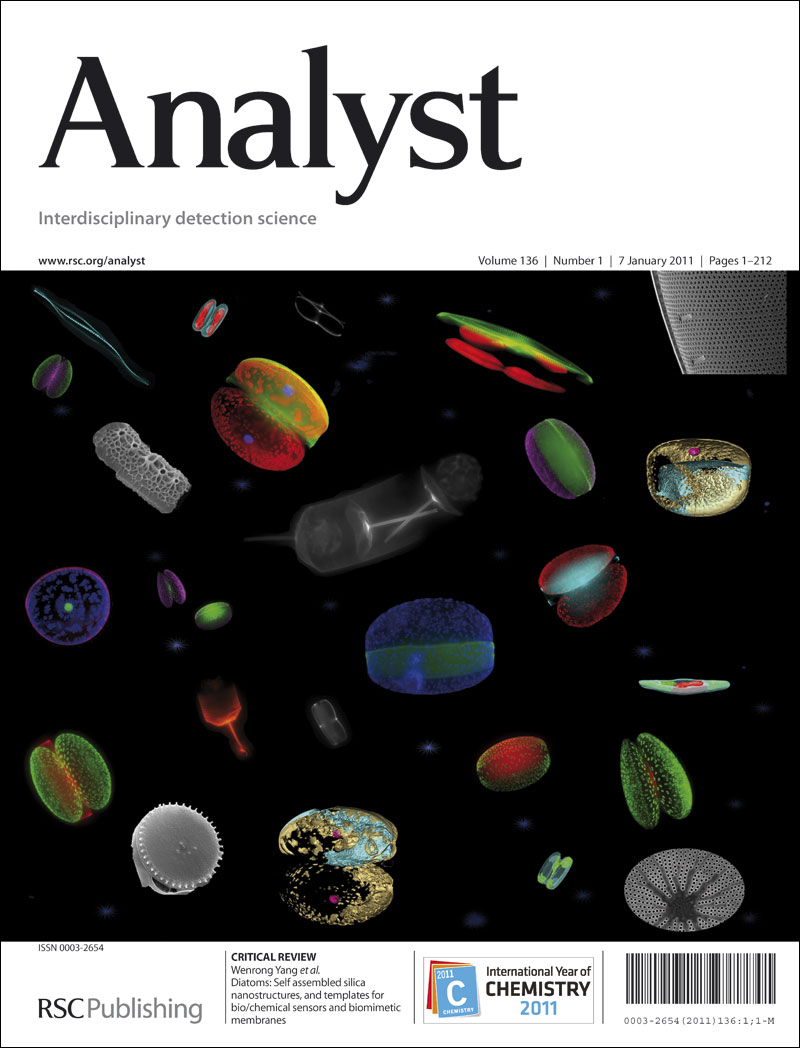High-sensitivity differential scanning calorimetry using a MEMS thermopile chip for analyzing polymer crystallization
IF 3.6
3区 化学
Q2 CHEMISTRY, ANALYTICAL
引用次数: 0
Abstract
This paper introduces a high-sensitivity differential scanning calorimetry (DSC) based on a MEMS single-crystalline silicon thermopile chip and its application for analyzing the crystallization process of Polyamide 6 (PA6) under various thermal processing conditions. The chip integrates 54 pairs of single-crystalline silicon thermocouples beneath a SiNx-suspended film, achieving a temperature responsivity of 31.5 mV/°C and a power responsivity of 147 V/W. Additionally, the chip’s cooling time constant is only 2.4 ms. The non-isothermal experimental results of PA6 suggest that melt-crystallization is suppressed at cooling rates exceeding the critical rate of 50°C/s, and cold-crystallization is suppressed at heating rates above the critical rate of 300°C/s. Thanks to its high sensitivity, this chip can detect subtle exothermic signals associated with the γ-α phase transition in PA6. The critical heating rate for this phase transition is determined to be 25°C/s. Isothermal experimental results show that PA6 undergoes crystallization within 70°C to 170°C, with the shortest half-crystallization time of ~1.1 s at 120°C. The high-sensitivity DSC technique proposed in this work holds great promise for studying the thermal behaviour of various materials under high heating and cooling rates.求助全文
约1分钟内获得全文
求助全文
来源期刊

Analyst
化学-分析化学
CiteScore
7.80
自引率
4.80%
发文量
636
审稿时长
1.9 months
期刊介绍:
"Analyst" journal is the home of premier fundamental discoveries, inventions and applications in the analytical and bioanalytical sciences.
 求助内容:
求助内容: 应助结果提醒方式:
应助结果提醒方式:


